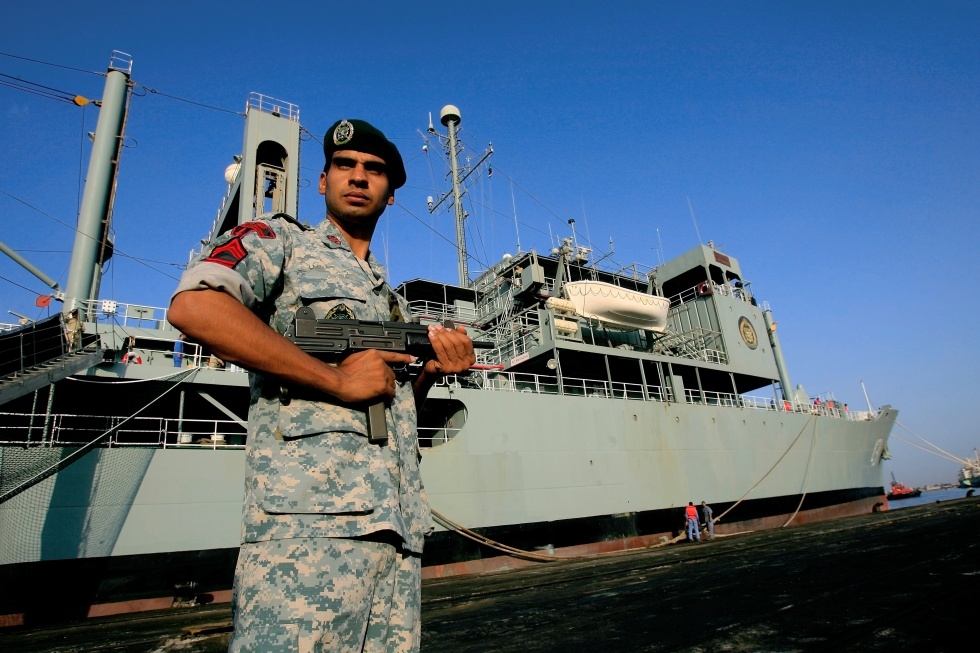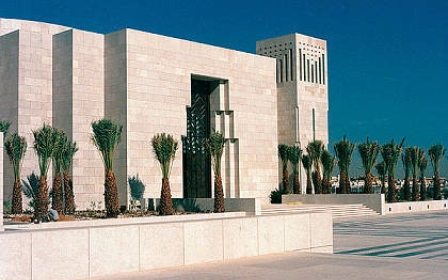Iran and Oman hold joint naval exercises

Iran and Oman held joint naval drills in the Sea of Oman today aimed at improving bilateral military coordination between the two countries, according to Iranian media.
It is the fourth time they have conducted joint military exercises in recent months, the quasi-official Fars News Agency reported. The latest exercise comes after a state visit to Oman in March by Iranian President Hassan Rouhani that concluded with an announcement of a new gas pipeline between the two countries. The pipeline is scheduled to open in three years and will see 10 billion cubic metres of gas supplied to Oman annually, which will meet rising domestic needs and allow for re-exportation throughout the region.
Iranian navy commander Admiral Siyavash Jarreh said the military exercises were designed to “test the forces' quick reaction to marine accidents” but some analysts view them as the latest in a series of signs that ties between the countries are deepening. Marc Valeri, Omani specialist at Exeter University, told Middle East Eye that Rouhani’s state visit was a way “to thank Oman for its role” in thawing relations with the West and a way to show “other Gulf countries that Muscat will continue good relations with Iran no matter what others think."
Oman acted as a broker in the recent rapprochement between Iran and the West, angering their Gulf neighbour, Saudi Arabia, which is concerned with the consequences of an increasingly powerful Iran. Oman’s relationship with the Gulf Cooperation Council (GCC) has deteriorated in recent months after it rejected a Saudi proposal for a closer union in December. In March, Oman went further by refusing to follow Saudi Arabia, Bahrain and the United Arab Emirates in withdrawing its ambassador from Doha, reportedly over Qatar’s support for the Muslim Brotherhood.
The joint military exercises with Iran suggest trust is growing between the two countries and could demonstrate a willingness from the Omanis to act independently from the GCC in their foreign policy.
New MEE newsletter: Jerusalem Dispatch
Sign up to get the latest insights and analysis on Israel-Palestine, alongside Turkey Unpacked and other MEE newsletters
Christopher Davidson, a reader in Middle East Politics at the University of Durham, told MEE that Oman’s growing closeness with Iran could have deep ramifications for the GCC where different viewspoints, most recently over Iran and the Muslim Brotherhood, have spurred rifts.
“Recent rifts show that the GCC was just a convenient club… the Saudi vision is not going to work out,” he said.
Middle East Eye delivers independent and unrivalled coverage and analysis of the Middle East, North Africa and beyond. To learn more about republishing this content and the associated fees, please fill out this form. More about MEE can be found here.


